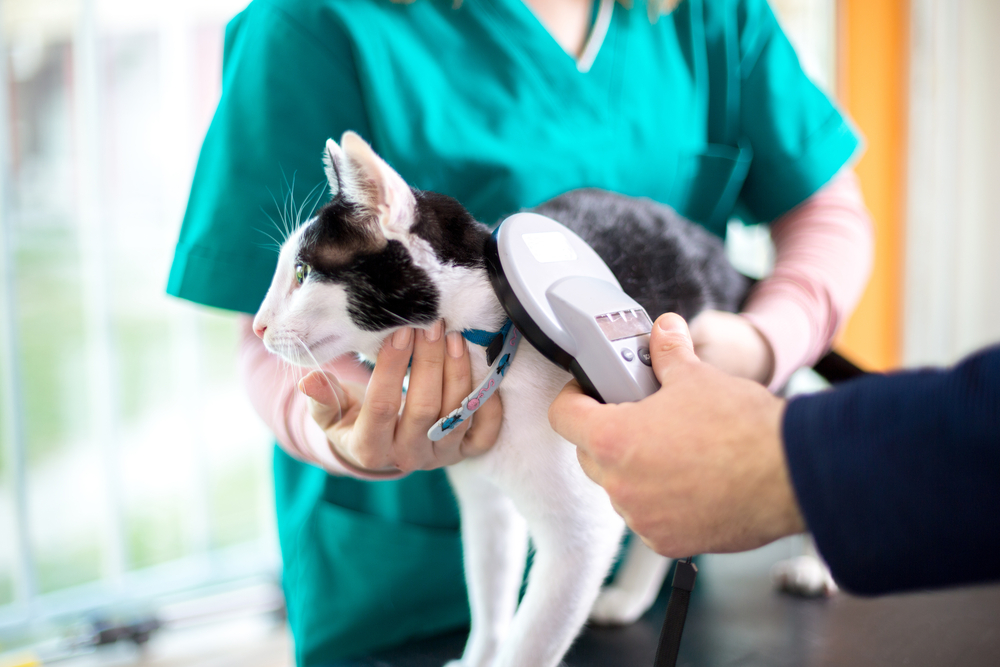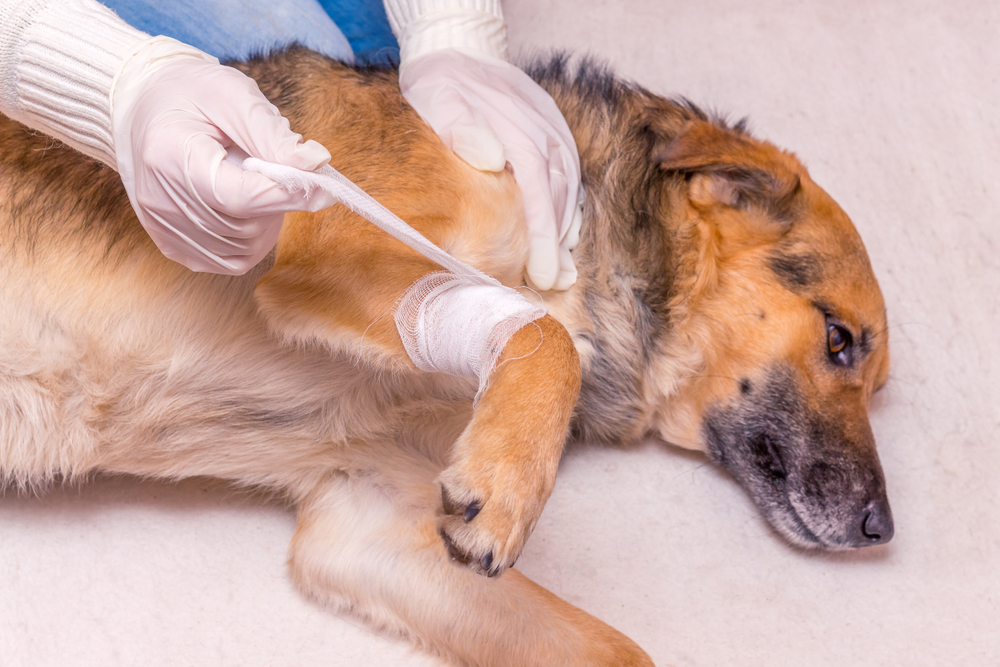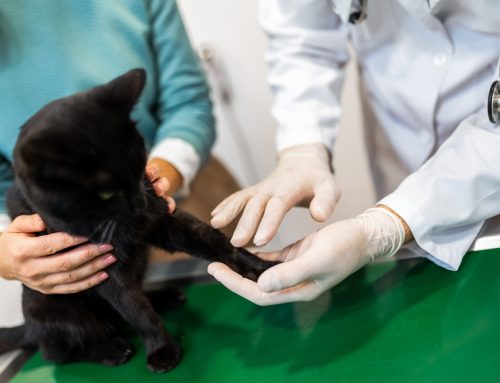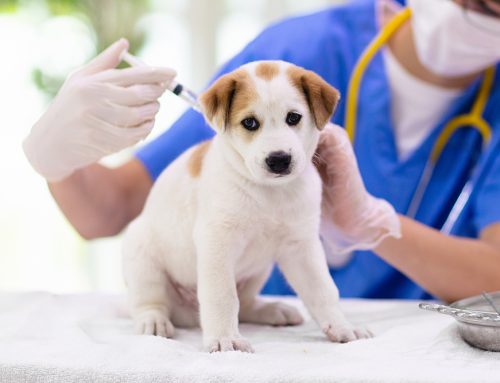Your pet is a beloved family member whose well-being and safety are important. While your four-legged companion is adorable, curious, and loving, they can get into trouble. However, many common veterinary emergencies are preventable if you take the proper precautions. Our Westerville Veterinary Clinic team provides strategies to help you safeguard your four-legged friend and minimize their veterinary emergency risk.
Identifying potential pet emergencies through veterinary exams
During your pet’s annual wellness visit, our Westerville Veterinary Clinic veterinarian can assess your pet’s disease risk and determine whether they have an underlying condition that could cause them to experience an emergency. During your pet’s wellness exams, they receive necessary vaccines and parasite preventive prescriptions, which help them avoid illnesses and infectious diseases.
Early detection through routine pet exams is critical to help prevent your furry friend from developing unexpected medical problems. At your pet’s wellness exam, our team will explain your four-legged friend’s health risks based on their breed, age, sex, and other factors.
Pet-proof your home
You may be surprised to learn that many pet emergencies happen because of items in the home or yard. Pet-proofing your home entails being aware of the following items that are potentially dangerous to your furry friend:
- Electrical cords
- Sharp objects
- Small, possibly ingestible items such as keys, coins, buttons, and ribbons
- Toxic plants
- Toxic food, including chocolate, the sugar substitute xylitol, grapes, and raisins
- Household cleaners
- Automotive fluids such as antifreeze
- Medications
- Lawn and garden products such as pesticides, fertilizer, and mulch
- Open trash cans
Protect your pet by installing childproof locks on cabinets containing toxins, switching to pet-friendly plants, covering garbage cans, keeping medications out of your pet’s reach, and removing items that could pose risks.
Pet-safe outdoor time
Fresh air and sunshine are great for your pet’s health. However, ensure your pet is trained and comfortable on a leash. Although your pet may never love the leash, being able to prevent them from running away can help avoid an emergency. In addition, stay mindful of the many pet hazards lurking while you wander in the great outdoors with your furry pal:
- Wildlife — Never let your pet chase wild animals, as they often carry life-threatening diseases. Always keep your pet leashed in wooded areas and turn around if you see wildlife on the trail or perimeter.
- Aggressive dogs — While we love our canine friends, some dogs fear people and other pets and they may attack. To avoid bites, scratches, and other wounds, always ask pet owners if your four-legged friend can safely approach their furry pal.
- Traffic — While walking your dog, stick to areas that have fewer cars on the road. Use reflectors on your pet’s collar, vest, or leash for greater visibility during early morning or evening hours.
- Buckle up — When traveling with your pet, put them in a crate or carrier. If your pet wants to sit in your vehicle’s back seat, use a pet seat belt, which can be attached to their vest or wrapped through their carrier.
- Hot weather — Be aware of the temperature before you and your pet head outdoors. Take walks and enjoy outdoor activities during the day’s cooler times, and bring a collapsible bowl and bottled water for your furry pal. Heatstroke is a common pet emergency, so keep a close eye on your pet for heatstroke signs, such as heavy panting and ropy drool, while outdoors. In addition, never leave your furry pal unattended in a parked car.
Microchip your pet

A microchip is an invaluable tool for finding your pet should they become separated from you. Even if your pet is microchipped, ensure they wear a collar with identification tags containing your contact information.
A microchip provides your pet with permanent identification. These tiny devices significantly increase the chances you and your pet will be reunited if you become separated, as animal shelters and veterinary clinics can scan them to let the microchip company know they have your four-legged friend. The company will then let you know where you can pick up your lost pet.
The pet hazards list is long, but you can keep your furry pal safe by being aware of common risks. Accidents do happen, even when you are prepared for any emergency, so ensure you have our Westerville Veterinary Clinic team’s contact information on your phone. In addition, keep your pet’s medical records and their leash or carrier close at hand.
By implementing the preventive measures we have presented here, you can significantly reduce your pet’s emergency risk. Contact our Westerville Veterinary Clinic team for immediate assistance if you suspect your pet is experiencing an emergency.







Leave A Comment